Android Oreo: What we want from the next version of Android
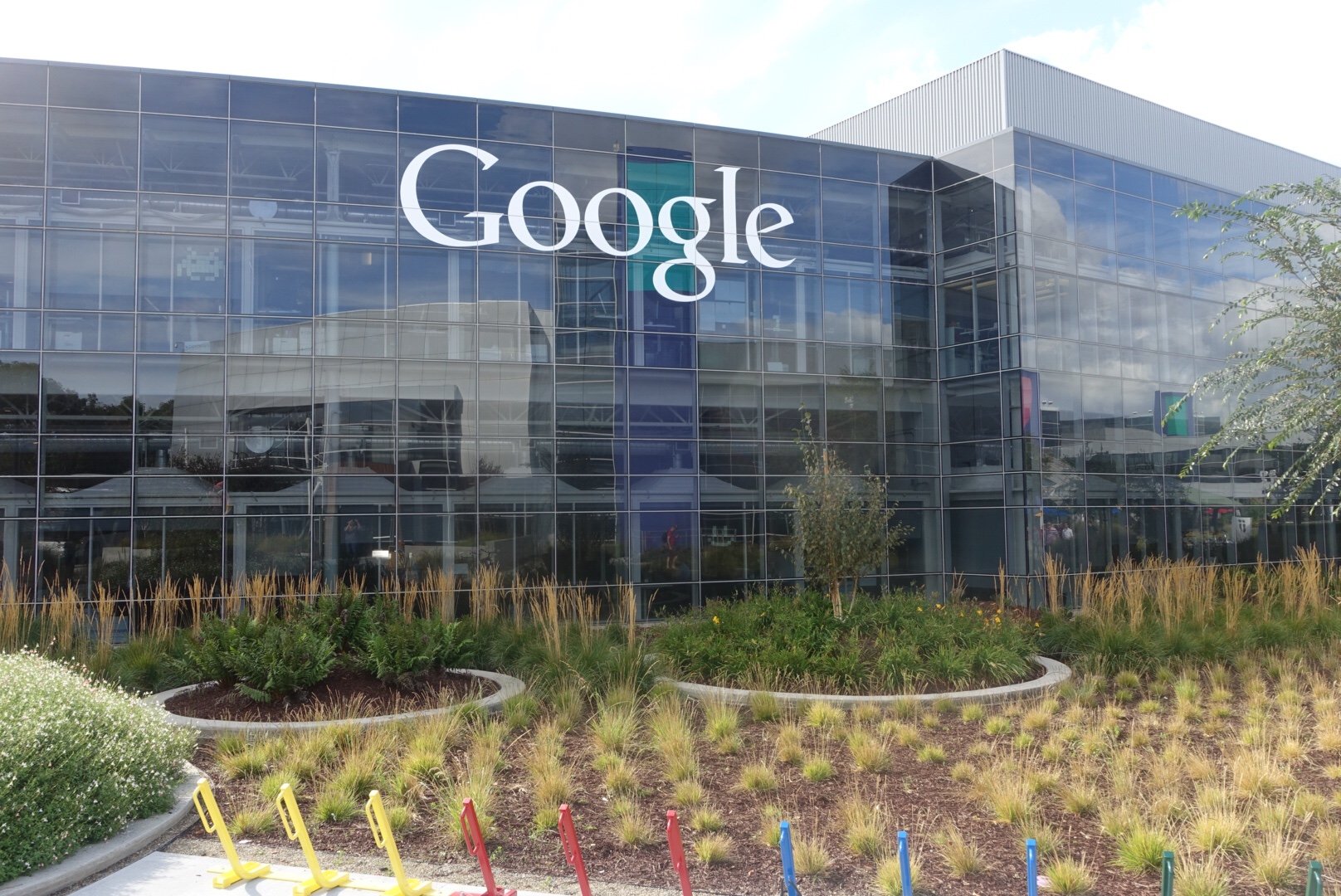
We're getting used to the changes that came with Android Nougat, but we still have a wish list for Android O. We'll start guessing the name soon, I'm sure.
Android is a far different animal than it used to be, and major platform updates don't actually look very major on the surface. The jump from Marshmallow to Nougat is a good example — large portions of the underlying code changed how things are done but other than a few features like multi-window, much of it looks and feels the same. We may want something that looks exciting, but big shifts in the way things look and operate usually break plenty of other things, so slow and gradual adjustments are the norm.
Refinements not replacements.
And that's good. Doze, for example, was refined in Android 7. When it works, it's pretty great. A good path to follow would be to find out why it doesn't always work and see what's needed to fix Android and third party apps so everyone can enjoy the benefits. Making changes so apps like the camera don't need to try and open when they're not needed is great for overall performance. Extend those ideas to other system-level apps to make even more gains. That's the sort of thing that we're sure Google is working on with Android O.
But there are things we really want from Google going forward, and some of them are related to their mobile services. Have a read and see our list.
Make Google Assistant smarter and friendlier
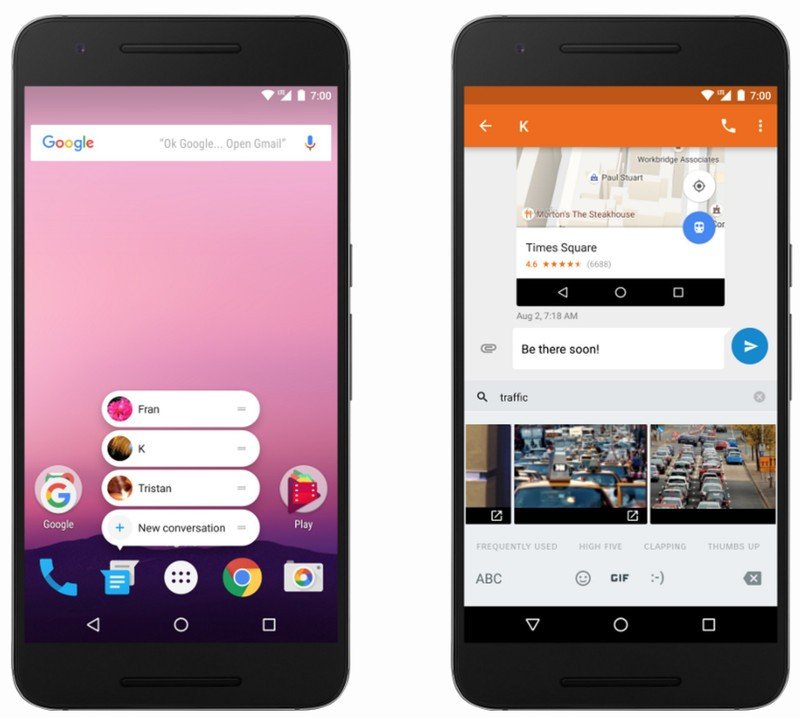
Now that we know other companies can have Assistant, by the time Android O comes around most flagship phones will have it or have access to it through the Play Store. Google knows it has to spread outside of their own phones if they want to get the sugar-sweet data that it can create.
Make sure it's amazing by then.
We like (and I speak for everyone here) Google Assistant and think it works pretty well. But right now there are some things that can't be done without a convoluted scheme through a third party. There are things we want it to do and other stuff we want it to work with. SmartThings is pretty awesome, but other companies still exist. And while you're at it, make things a little more natural and friendly. Instead of saying "I'm sorry, that's not supported," tell us your "thought process" and help us reach a command that does work. A friendly Assistant should talk to us instead of saying no and shutting down when it can't figure out the question.
Be an expert in 5 minutes
Get the latest news from Android Central, your trusted companion in the world of Android
Right now Assistant is definitely worth using and better than expected in some ways. But you can make us all say "Wow!" here. Give us that robot butler we always wanted.
There's a big world out there
Google wants every person in every country to use all of their services. Laws and regulations don't make that as easy as we think it is, though.
But that can't be an excuse. Android O will also have some awesome new Google feature to go along with it, and that feature needs to come to everyone right away — not just Americans. Other companies are able to do whatever deals or magic is needed to have services work in many places at once, so we should expect Google to do the same.
Security, security, security

Having monthly patches for security exploits — both existing and potential — is great. Listing everything that was updated and linking to the changes themselves is great, too. Doing as much as they can to prevent them in the first place is even better because sometimes those updates don't trickle down through the companies who make Android phones.
We know Google cares about Android's security, and they have a lot of mechanisms in place to prevent unknowns from doing much damage, as well as cleaning things up if it does happen. They need to continue to focus on how your phone boots up and how changes for critical system files are monitored.
These are the things that make it harder to get admin permissions. Keep doing them and give us a proper admin account. Android needs something like Sudo to be safer than the way it is now where we lose encryption and have to unlock the bootloader to have full access to the file system.
Better tools for desktop management
Samsung, LG and everyone else has their own programs for your computer to make things like transferring files and backing up your things easier. They have to do it because Google doesn't offer anything.
Yes, Android is a cloud-centric OS. That doesn't matter because it's obvious that some folks want to manage their stuff locally. You can still design everything around being connected and have it all done through the phone itself but take the time and money to write desktop software for the people who need it. You sell very expensive high-end phones now, and pretending that the people buying them won't have access to a computer isn't the best position to take. Especially when your competitors don't.
Android Studio has a great interface and communicates with your phone the same way an app like this would. Take what works there and make an optional gTunes program.
Themes
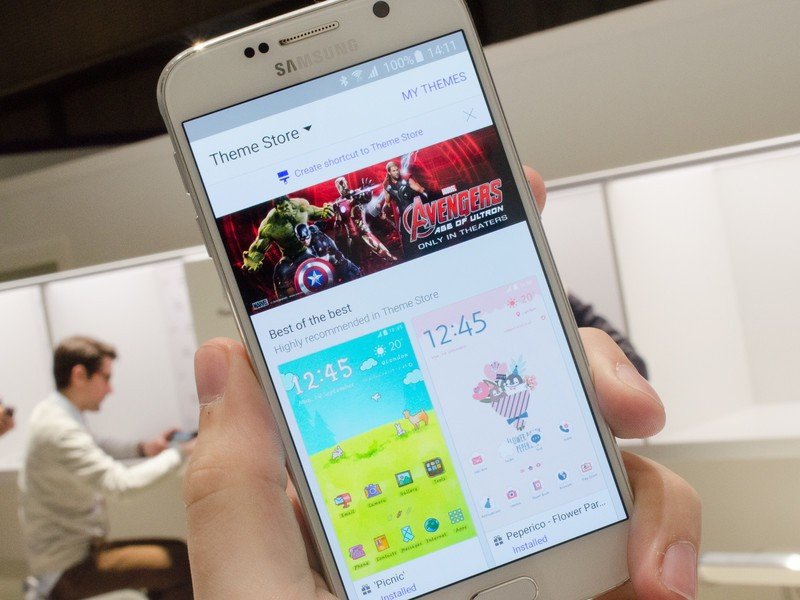
I like the brighter colors we've seen in the past few versions of Android. A lot of other people do, too. But an equal number of people don't.
You fix that and make everyone happy by adding a theme engine. Developers and Google Play would quickly fill out an Android themes section. Crazy fonts and all.
The status bar needs some love
My lock screen has a clock. There's a pretty slick clock widget or two in Google Play (as well as one included on almost every phone). Not to mention those watches you want us to buy and their primary feature. Why would I want a clock that can't be removed in the status bar?
The same goes for the rest of the icons up there. They offer useful information, but plenty of other ways to get that information are available. System UI tuner is good for the people who can use it or find it. Make it a little friendlier when it comes to the language it uses, then pull it out of where it's buried so people know it's there.
A certified accessories program
No, not like Apple's, but with the same goals — get companies excited to make things that work with Android.
Make it free. Publish papers and guidelines that help anyone wanting to participate. Encourage and incentivize partners to build great products. Showcase those great products on the Google Store. This will make it easier for people to recognize products built to work best with Android, and reward companies that do so. Everyone wins.
Curated sections of Google Play for more things would be awesome
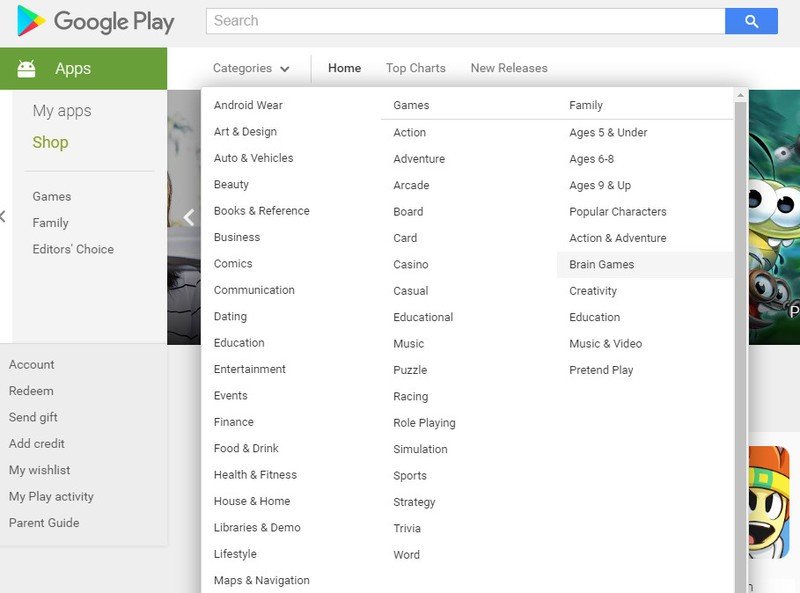
Let everyone download all the things, but also give people a place to look for specific apps. Expand from sections like Android Wear apps or apps for kids into apps that are great for some of the most popular models. People know where to look in the Galaxy App Store to find what works great with an S Pen. They should be able to do the same in Google Play, right from the Play Store app. I would download every app from a section titled "Games that use Google's backup service so you don't lose your progress and IAPs."
You're the king of search, so you know the current system based on keywords is broken. Fix it.
Tailor Android for better hardware
Everyone in an emerging market deserves a well-built low-cost phone with access to Google Play. Everyone who spends $1,000 on a phone with the highest specs available deserves software built to take advantage of it. Having an OS that melds these two things is hard, and doing so means not everything available works well on every phone.
Make use of the horsepower in our $1,000 phone.
A few changes that let phones with plenty of GPU and CPU power take full advantage of it without trying to be backward compatible so it can be used elsewhere could be easier than the one-size-fits-all solution. Keep the core APIs the same, keep the features the same, but differentiate the way developers can interface with them.
I want an Android One phone to be lean and functional. I want apps to work well on it. But I also want whatever we see next from the folks who push hardware limits to be able to harness what the hardware can do. Fragmentation be damned — expand on what NVIDIA has done and give us a better way for apps and games and a UI to use all that horsepower that will be in our next high-end Android. Just make sure that it still has the same base Android features available to everyone.
Don't forget AOSP
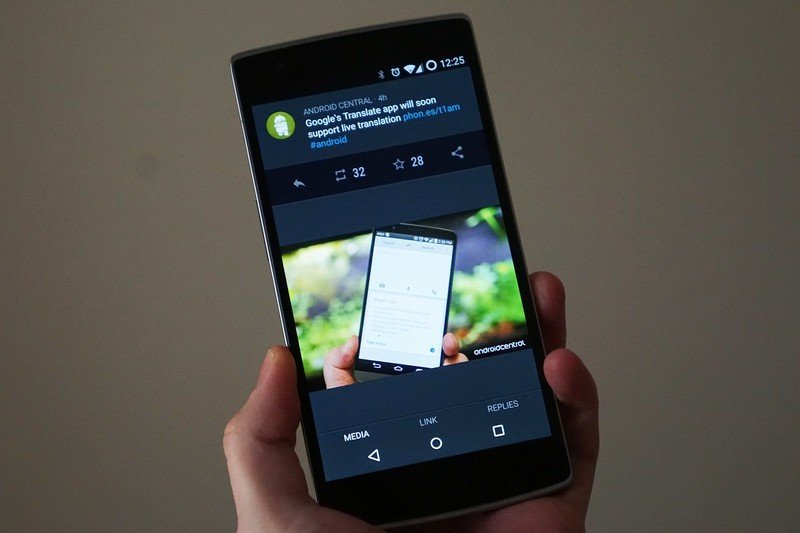
This ties in with the first thing on our list as well as the one above. Things you do that make Android better need to live in AOSP (the open-source version of Android). Having your own services is fine, but don't neglect Android itself in favor of them. Anyone who has built Android 7 without Google's services knows that it's a fully functional OS for a phone that's missing everything that makes Android compelling to use.
Give the world an open-source front-end for Gmail or for Google Movies and TV and all the other things that make Android great. You know that someone would be able to take the code and do a great job with it if you let them have a way to access things properly and a fully detailed set of rules to follow while doing it.
If you didn't know that, download Carbon or Falcon Pro and compare them to Twitter for Android.
Android has reached a point where major shifts aren't needed. Refining what's already there and adding a few well thought out services and features to Android, and the Google ecosystem itself will be a good way to add some polish and keep things from getting stale.
We'll think of plenty more changes we want to see, and I'm sure everyone has their own list of wants and needs. Some will be valid, some will be silly and some might even happen. But it's always fun to think about how things could (or should) change.
This article was originally published in October 2016. It was updated in January 2017 with most recent information post-Nougat.

Jerry is an amateur woodworker and struggling shade tree mechanic. There's nothing he can't take apart, but many things he can't reassemble. You'll find him writing and speaking his loud opinion on Android Central and occasionally on Threads.
